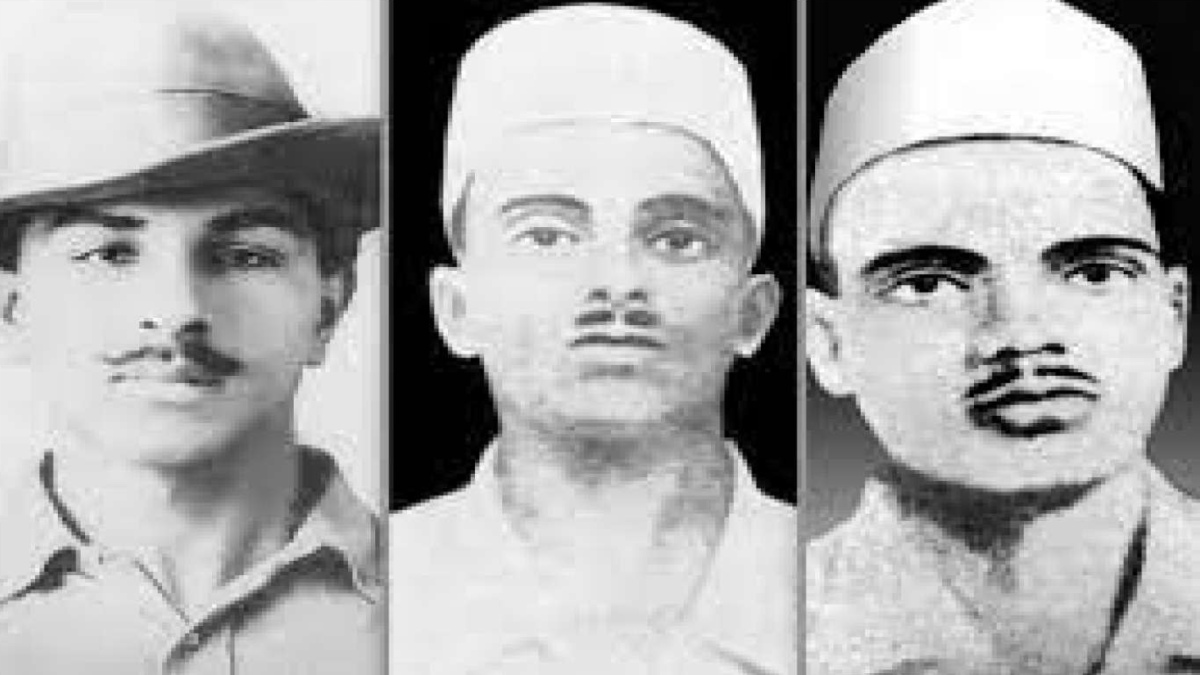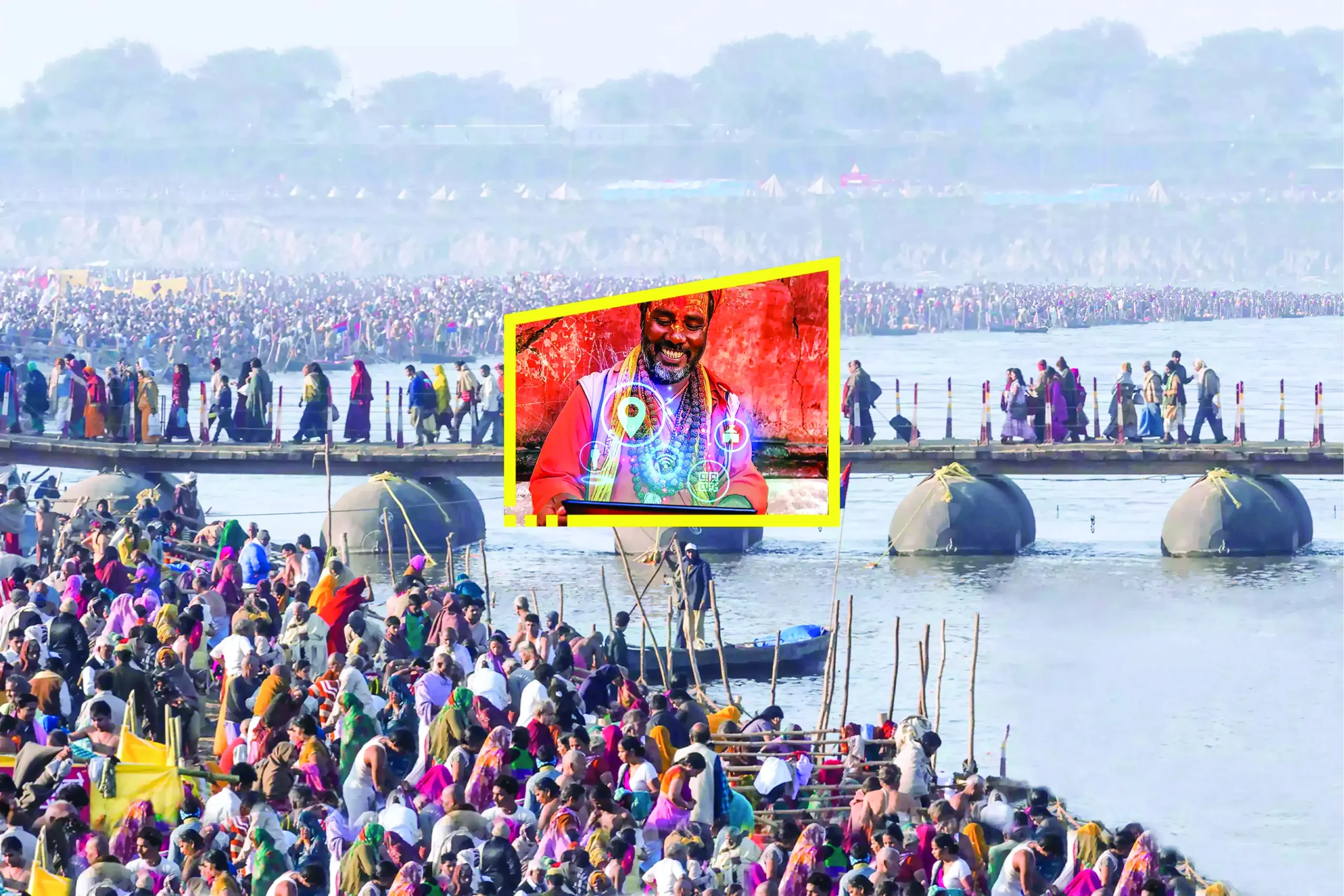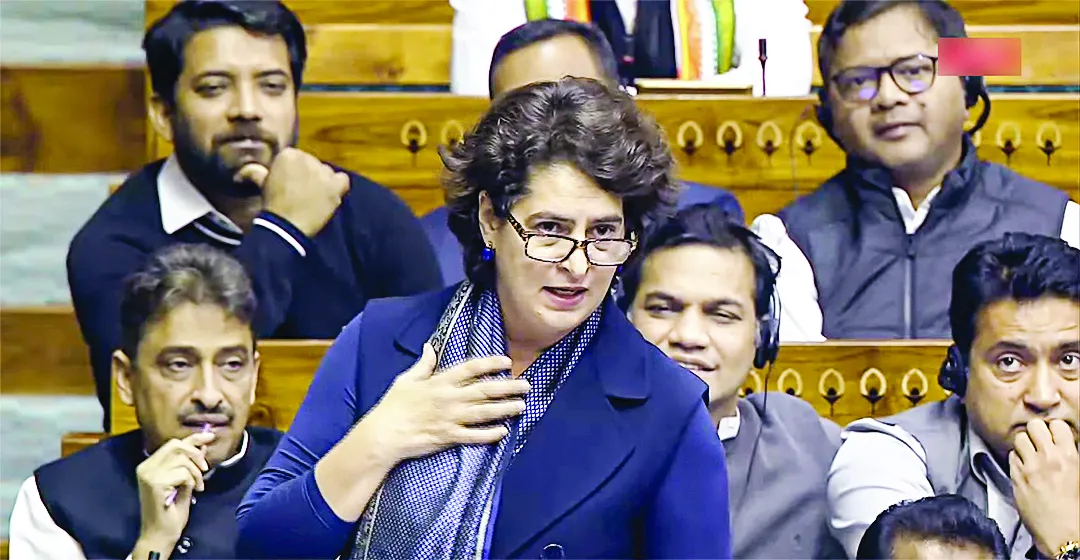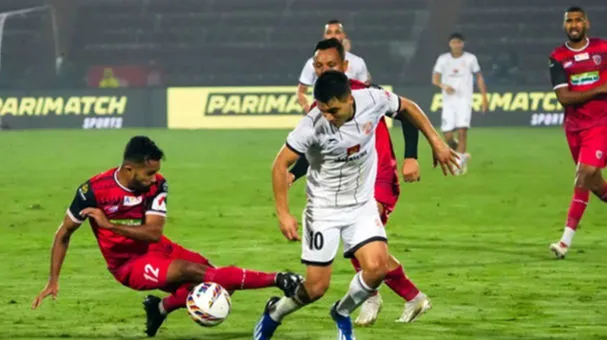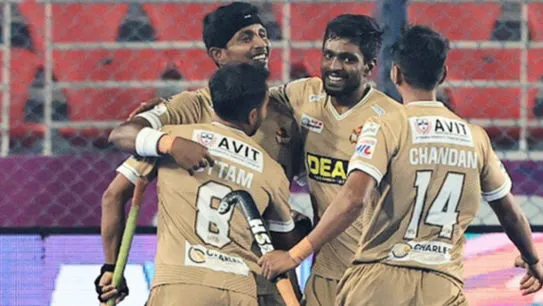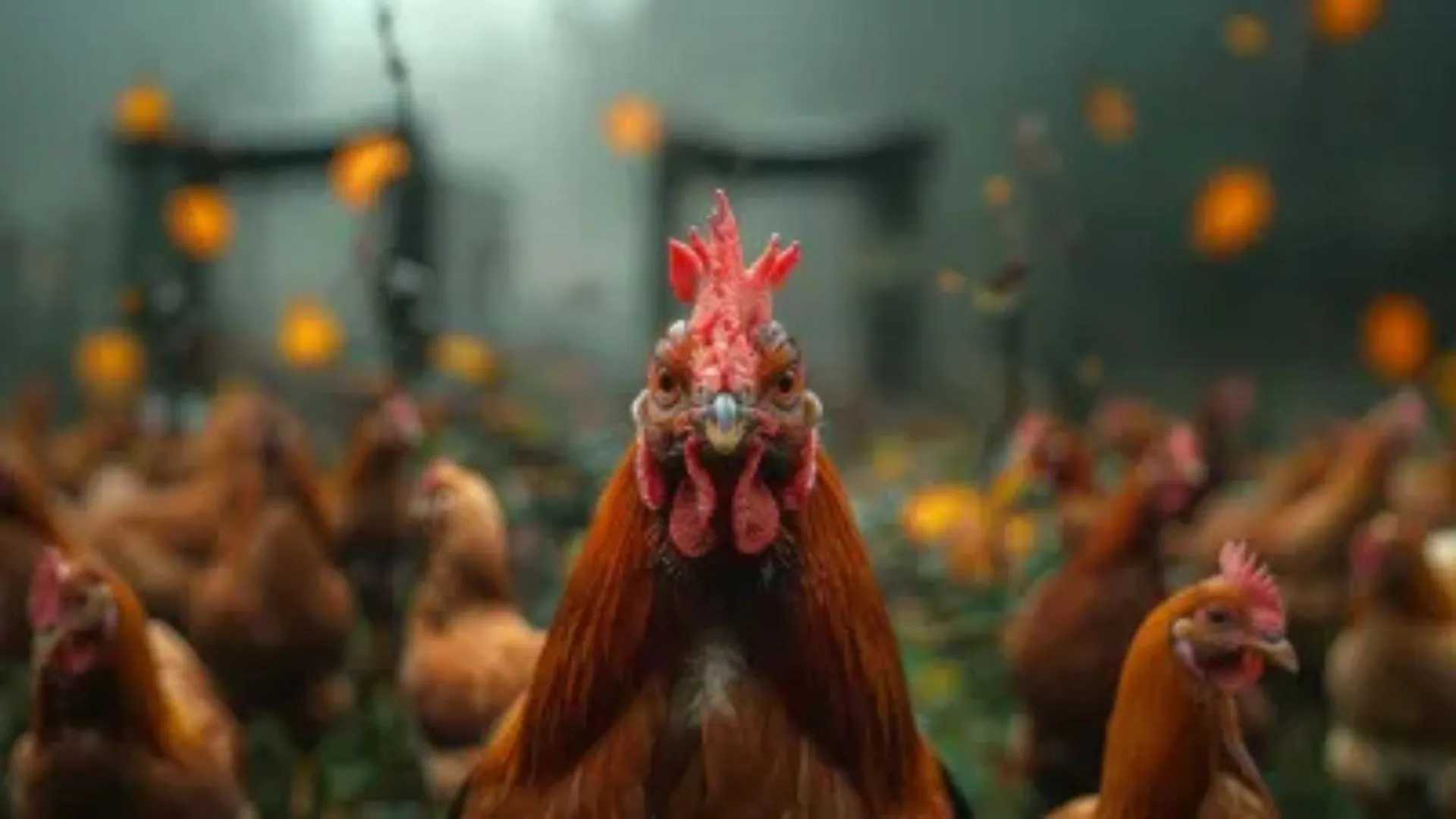Bhagat Singh has undoubtedly been the most iconic figure of the Indian freedom movement and like many others such as Netaji Subhas Chandra Bose, has never got the kind of recognition which he deserved. It was exactly 90 years on last Tuesday when he and his two associates, Sukhdev Thapar and Shivaram Rajguru, attained martyrdom after being sentenced to death on flimsy grounds in what has come to be known as the Lahore Conspiracy Case. The matter is regarded as the biggest miscarriage of justice by the British and their conviction was secured on the testimony provided by some of their comrades, notably, Hans Raj Vohra, Jai Gopal, Phonindra Nath Ghosh and Manmohan Banerjee who were among 457 prosecution witnesses. All the four were amply rewarded with Jai Gopal getting Rs 20,000 for his statement and Ghosh and Banerjee getting 50 acres of land each in Champaran district.
Vohra never sought monetary benefits, but on his request the British facilitated his entry into the London School of Economics; the expenditure borne by the Punjab government. After that he completed his degree in Political Science from London University and pursued a career in journalism, first with a newspaper in Lahore and subsequently with the Times of India. He served as the Washington correspondent of the daily and stayed back in the United States till his death in 1995. It is evident that he suffered from tremendous guilt for his betrayal and towards the end of his life, wrote a letter to Sukhdev’s brother explaining the reasons why he had testified.
Eminent journalist, the late Kuldeep Nayyar in his book on Bhagat Singh, published by Har Anand, tried to play down his role and suggested a larger scrutiny of Sukhdev’s role. However, the book could not take away the spotlight from the backstabbing by Vohra and others in the case. Other than the facts mentioned above, not much is known about Vohra and his extended family and whether any of them also became beneficiaries of the foreign rulers at some stage of their life. Therefore, in this context, research scholars interested in the Bhagat Singh case, must with due diligence carry out meticulous probing to unearth many unknown facts of the case particularly pertaining to the traitors. While Bhagat Singh became the face of the revolutionaries, some more information needs to be shared regarding Sukhdev, Rajguru and others besides those who let them down to accrue benefits. The role of Vohra, Jai Gopal, Ghosh and Banerjee was most disgraceful and amounted to both treachery and betrayal. History can never forgive them.
Bhagat Singh was only in his twenties when he happily chose the gallows in pursuit of our country’s freedom. Several historians are of the view that had Mahatma Gandhi wished, he could have saved the three martyrs but this opinion also needs to be thoroughly verified. Another school of thought tries to equate the trio with terrorists which is totally inaccurate. Bhagat Singh was a revolutionary, and his objective was to attain freedom for the country and not to terrorise the common people. He never had any nefarious designs; he could have escaped if he wanted to after hurling the Bomb along with Batukeshwar Dutt in the Central Legislative Assembly on 6 April 1929.
The saga of this brave son of India has been recreated on the celluloid many times over, most notably by Manoj Kumar in Shaheed. In fact, before the filming commenced, Manoj had met Bhagat Singh’s mother, who after seeing him, stated that he looked just like her son. The Central government must acknowledge the contribution of these martyrs and declare 23 March, the day of their martyrdom as a National Holiday. Bhagat Singh, Sukhdev and Rajguru shall always be remembered by a grateful nation.

